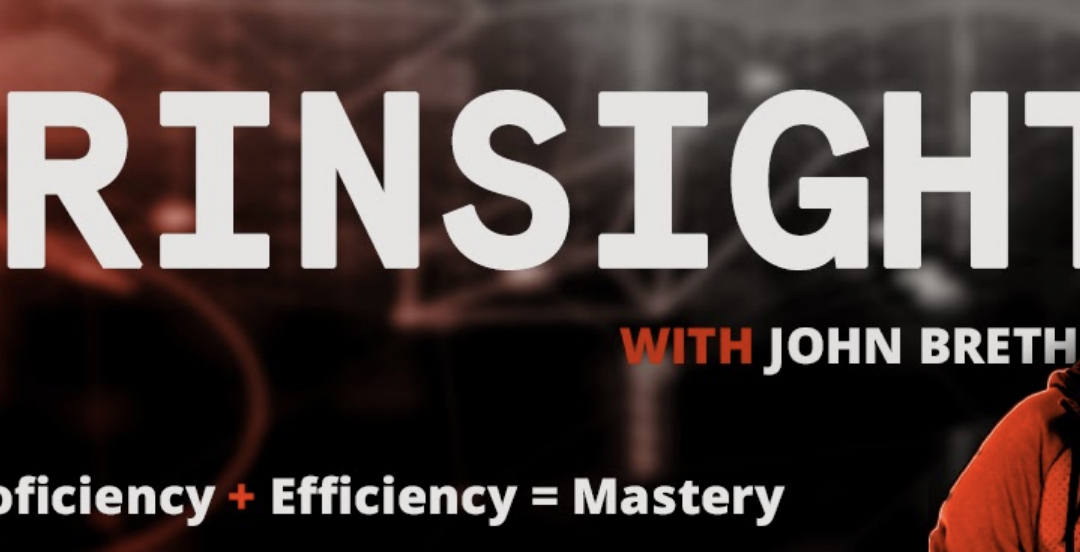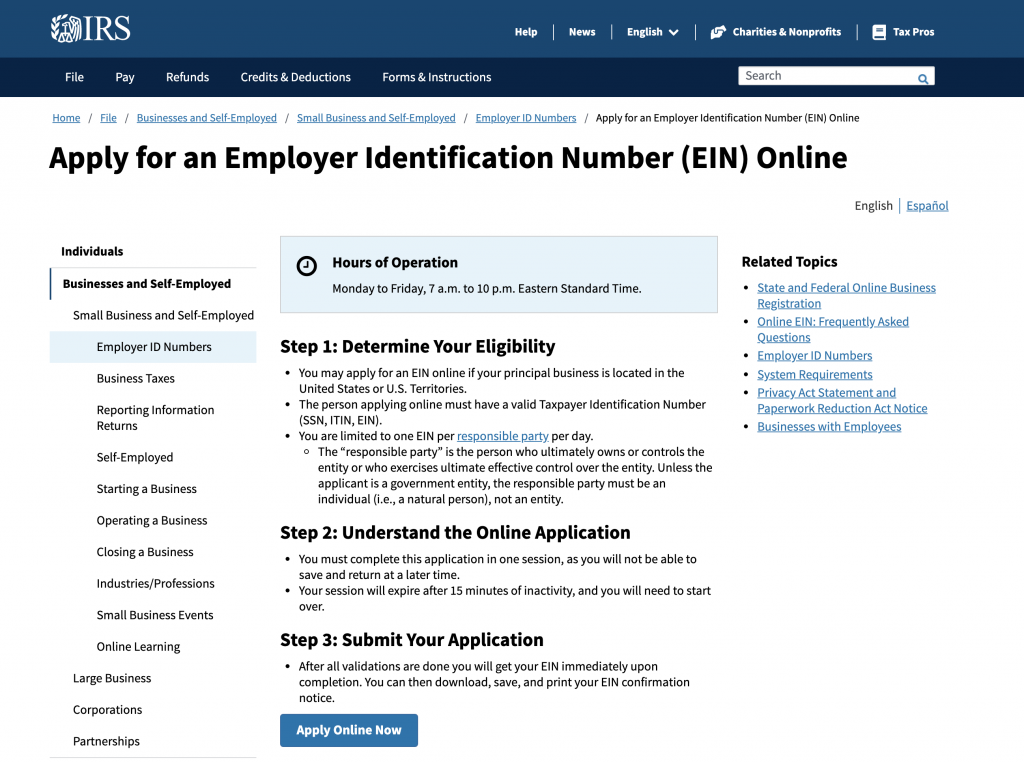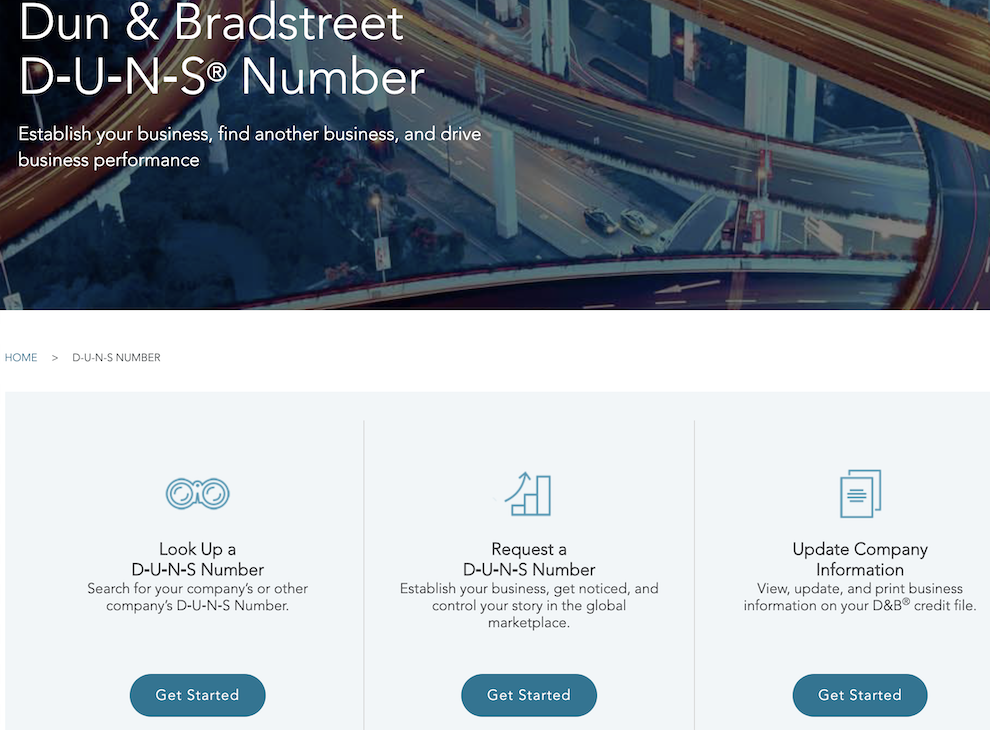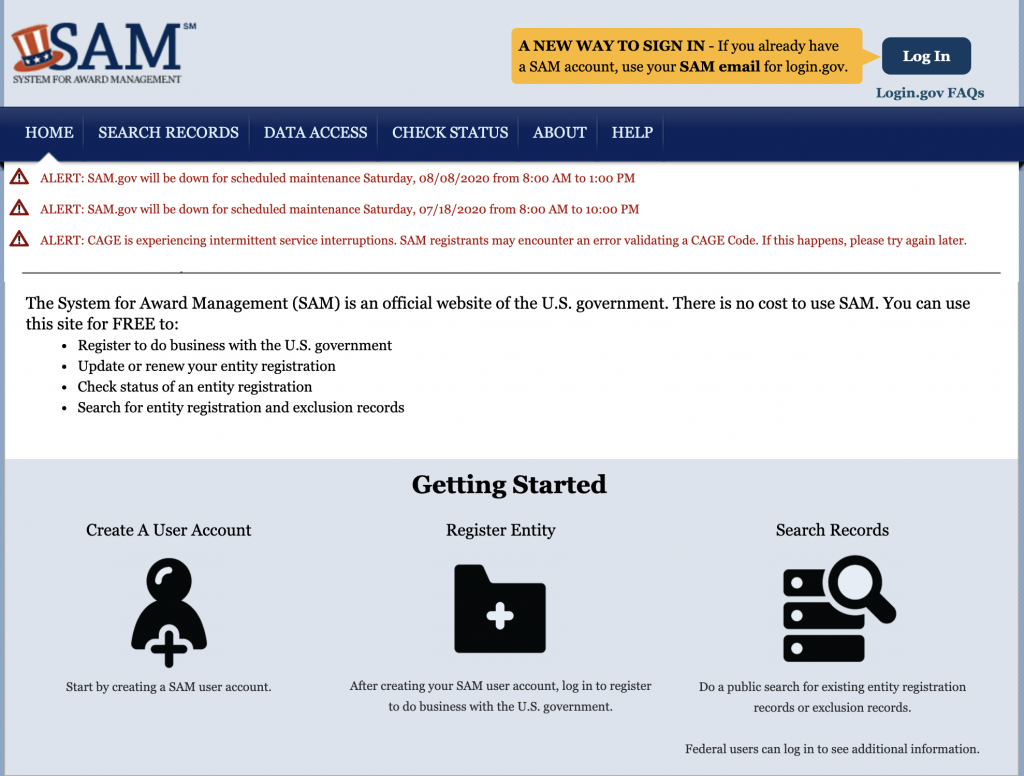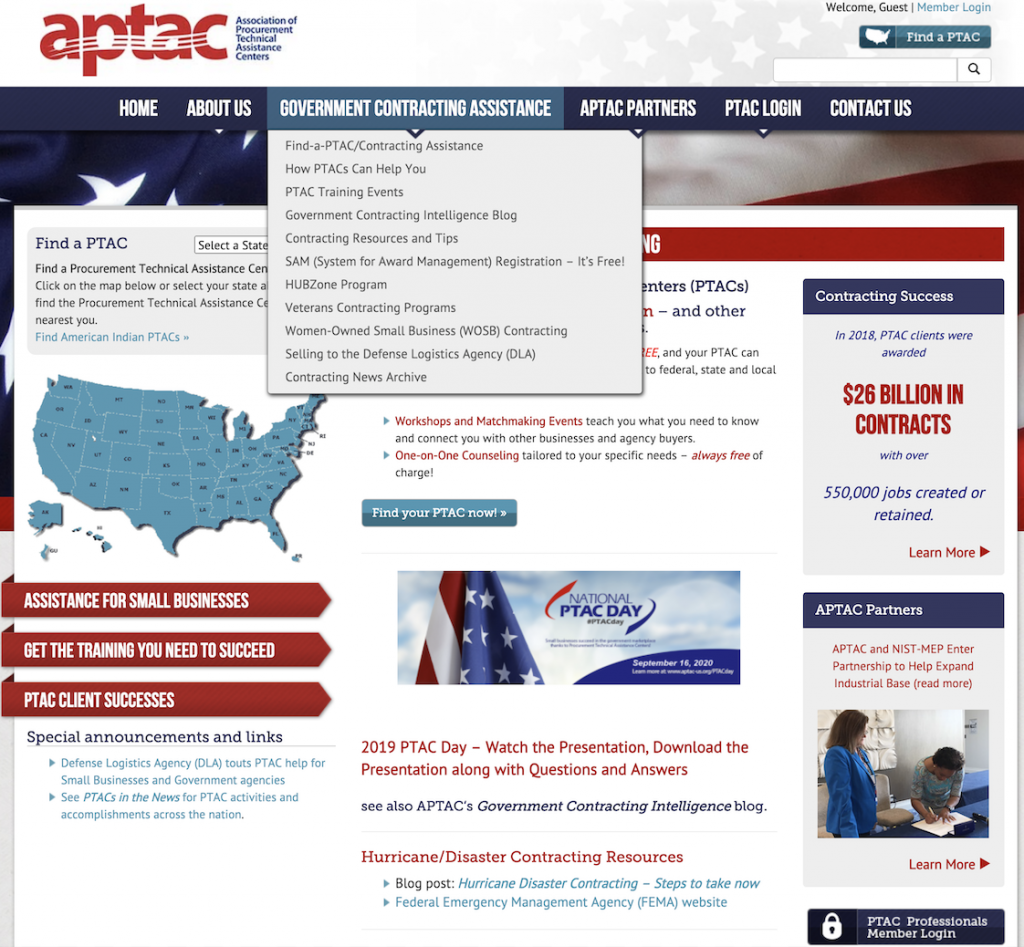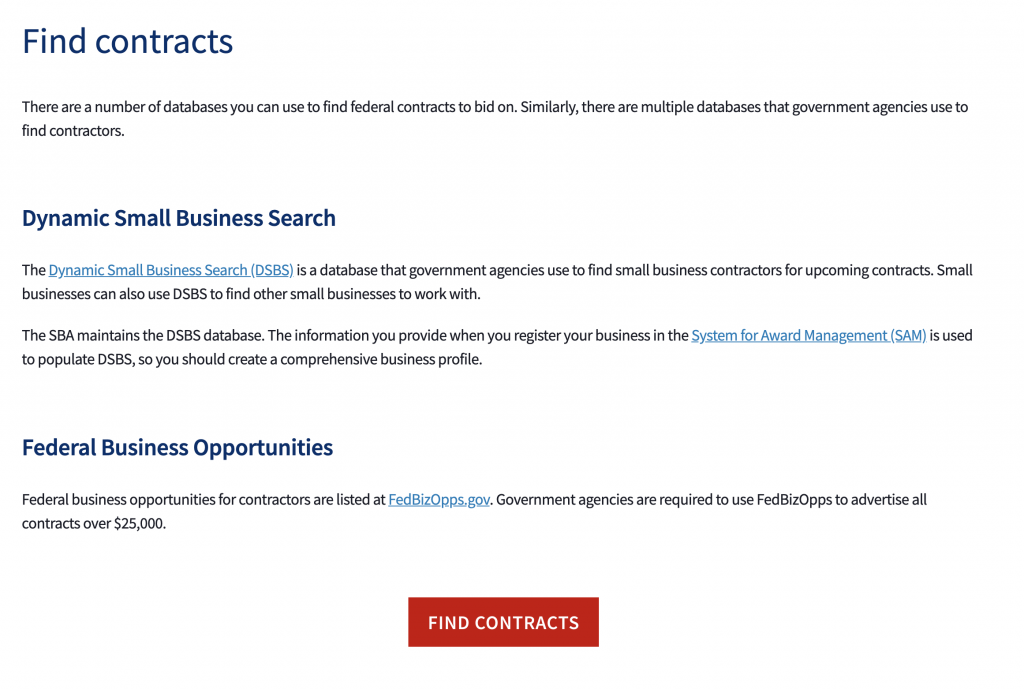I wanted to share some information with folks because I get asked a lot about how I set up my company to be able to bid on US government contracts. So I figured it was worth spending the time to put down some thoughts and links on how to go about it (based on my own experiences). This is not an all-encompassing guide of how to create a business and successfully win government prime contracts, but rather some resources that I have compiled through my own journey. Please take this as part of a friendly conversation of someone trying to point you in the right direction with some information. This is also not legal advice. If you are starting a business (or have one), you should bounce things off to an accountant and attorney. Lastly, this is written from the perspective of living in the US and being a US citizen (not sure of the rules for foreign companies or if there are different rules for businesses owned by non-citizens).
The first step is ensuring that all your legal business formation stuff is completed. You will need to have the legal business names and all of your paperwork established. You can set this all up ahead of time, even if you aren’t doing business or don’t have any clients yet. I set mine up when I just had the idea of wanting to have my own company but didn’t do anything full time with it for almost 2 years. So, there’s nothing wrong with doing the paperwork to get stuff in place. Be aware there are some nominal fees every year depending on where you live (business license fees and stuff). For instance, I live in VA, and I have to pay a state license fee and a county fee as well.
The nice thing with this is, you can start deducting business expenses from your taxes even if you aren’t making any money/have clients. So for instance, you can buy a laptop/computer/pay for training conferences/etc. and have it be a tax deduction as long as it is related to your business. Once you get the business formed, registered with the state/county, and get a Tax ID (you can just use your social, but that might not scale well eventually, so it’s easy to just get a business tax ID from the IRS).
At this point, you can start to get the right stuff in place for government contracting. The first step is getting a DUNS number. This is free and it is used around the world to identify and access information on businesses. You will get the DUNs number within 30 days (you can pay a fee if you want it expedited). Once you have the DUNS number, you will need to get a Commercial and Government Entity (CAGE) code, also free. This is an identification used for your company when doing any type of contracting with the federal government.
To start the process of obtaining a CAGE code, you need to go to the System for Award Management (SAM) website. Here you create a user account first, and then start the application process for registering your business. This application process can take a bit of back and forth, depending upon the complexity of your business and the types of services you offer. You will be providing a lot of information about your company, revenue, and services (mostly based off the North American Industry Classification System (NAICS) codes). It would be best to poke around this website to determine the specific services you offer as a company and identify the codes associated with them. This is useful when looking/searching for business opportunities that align with your services.
As I said, there is some leg work that goes into submitting the SAM business entity registration. I didn’t get any help myself when I did mine- I just kind of plugged my way through it. After the fact, I did realize there are resources out there that have guides and can set you up with government counselors to help you through the process. There are Procurement and Technical Assistance Centers (PTAC) around the country that offer free help/counseling for small business owners. They also offer workshops and industry events where they introduce small businesses to each other and to government buyers. Their website also offers a multitude of other free resources that should be quite helpful.
This leads me to my one instance of using a PTAC resource: a one-on-one counseling session for submitting my application for certification as a Veteran-Owned Small Business (VOSB). There are various types of certifications out there that can be quite valuable to you as a small business owner. Depending on the contract you are pursuing, certain certifications can provide preference to your company. There are set-aside government opportunities available to you as a veteran, service-disabled veteran, woman, minority-owned business, or as a business in an urban or rural community (HUBZone) to be able to compete for government contracting.
After you have your CAGE code, you can start bidding on different contracts. You don’t need to have your certifications lined up at that point (but it might help). I didn’t do my VOSB certification until after I had already gotten a few contracts, so it wasn’t that not having it prevented me from finding work. I frankly wasn’t aware of it and didn’t know the process. I can do a future in-depth break down of the VOSB certification process if there is enough of an interest. With that being said, how do you go about finding contract opportunities? The SAM contract opportunities search page, FedBizOpps.gov, and the Small Business Association’s Subcontracting Network (SubNet) are all great resources to utilize, but one that you should lean on if you can is your personal network of folks. Your previous relationships and good work with other companies might be your pathway to getting some experience in the government contracting world. I would not be shy about letting folks know what you bring to the table and the opportunities you are looking for.
At this point, this should be enough to get you pointed in the right direction. There are some other high-level things that I didn’t go into (for which I can write another blog on if there is interest) such as how to figure out what rates you want to use for your services. Also, all the information above deals strictly with uncleared contract work. If you want to work on classified contracts, the government or a prime contractor needs to sponsor you for a facility clearance (FCL). That wasn’t really the scope of this discussion, but just be aware that cleared contracts will require your company to have an FCL, as well as having security clearances for all the folks who will work on the contract.
Useful Links
https://www.dnb.com/duns-number.html
https://www.sam.gov/SAM/pages/public/index.jsf
https://www.naics.com/frequently-asked-questions/
https://www.aptac-us.org/hubzone/
https://www.sba.gov/federal-contracting/contracting-guide/how-win-contracts
https://eweb1.sba.gov/subnet/client/dsp_Landing.cfm
https://www.sba.gov/offices/headquarters/ogc_and_bd/resources/14309
CyberInsight
Find out more about J.B.C.’s CyberInsight® blog here. Make sure to check out our YouTube channel! For links to our other social media platforms and SWAG go here.

